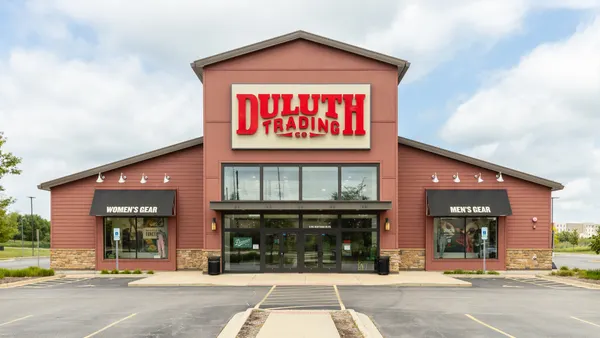Dive Brief:
- Trucking shipments ticked back up in September after taking their first fall in months in August, posting 1.1% growth for the month and 8.2% YoY, according to the Cass Freight Index.
- Expenditures in September, measured as total spending on freight for the month, grew 2.5% from August and 19.3% over September 2017, putting trucking companies in a powerful position to dictate pricing.
- "Despite all the recent turmoil in the financial markets and the resulting concerns about the strength of the economy... the Cass Freight Shipments Index is clearly signaling that the U.S. economy, at least for now, continues to be extraordinarily strong," according to the Cass report.
Dive Insight:
The Cass Index was emphatic: "When shipment volume is up 8.2% it is the result of an expanding economy."
The report dismisses the possibility of a near-term economic dip despite the growing view that what goes up must eventually come down. Though Cass is not refuting the law of gravity, it points out that historically, a fall in freight volume precedes an economic downturn, not the other way around.
Demand continues to exceed supply in trucking, to the point now that Cass said there is cause for concern that inflation could rebound to the rest of the economy. Keeping prices within reason are low fuel prices, and carriers' determination to grow capacity amid seemingly unending demand. Cass said that the impact of the electronic logging device (ELD) mandate on capacity continues to dwindle.
Just as more data confirms the adjustment of carriers to ELDs, September's data also offers more evidence that shippers rushed peak season merchandise to U.S. shores in order to avoid tariffs. A record summer at the top four West Coast ports supports this theory too, though peak season creeping earlier and earlier on the calendar was also an existing trend before the tariffs began.
Altogether Cass said the data confirms what analysts are predicting to be a cracking peak season, though the report emphasizes that more inventory in the stores doesn't mean every retailer will be a winner. It does mean the pool of bettors placing big bets on this holiday season is larger: "The more money being bet, the more predictive a market becomes."















